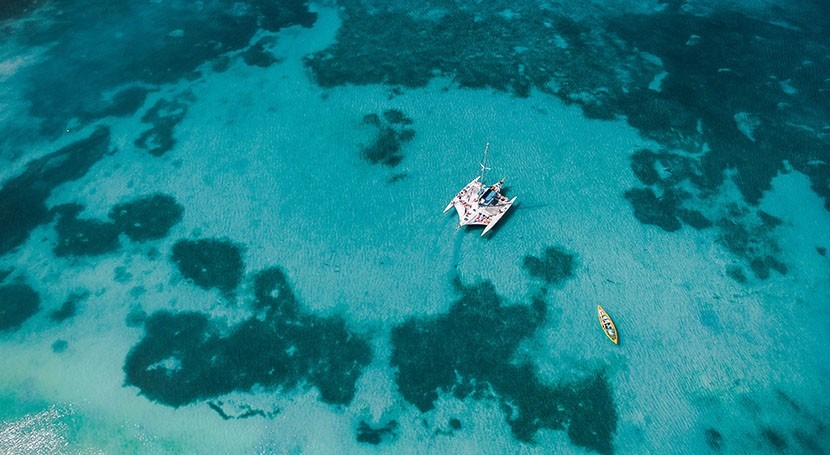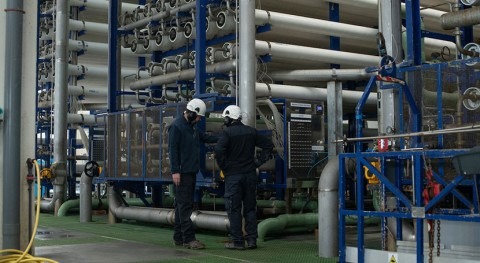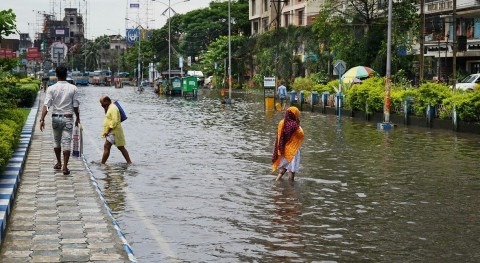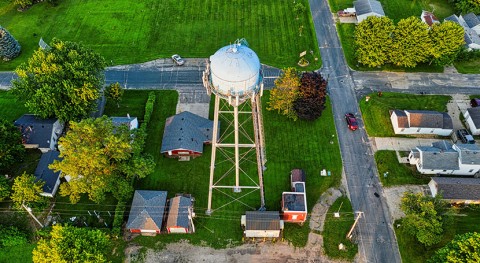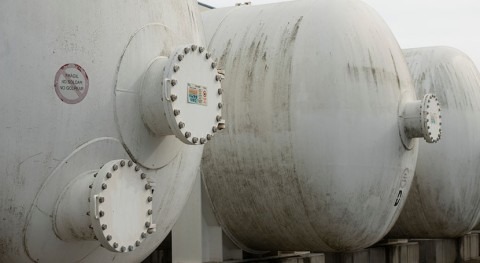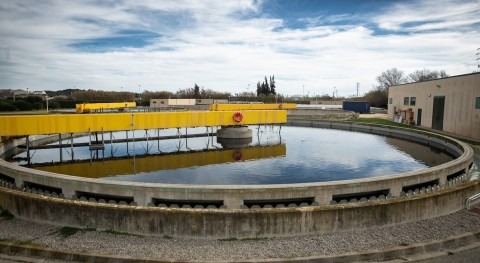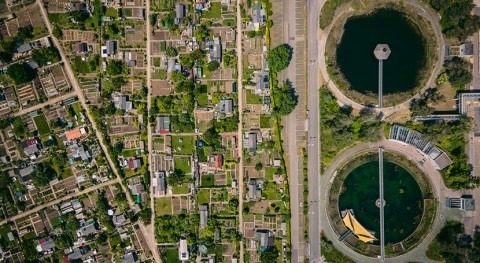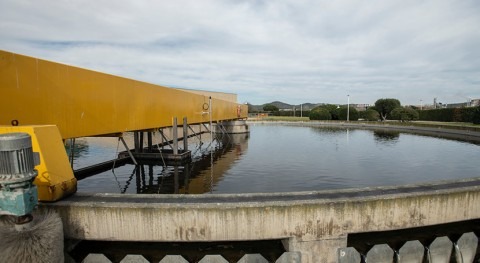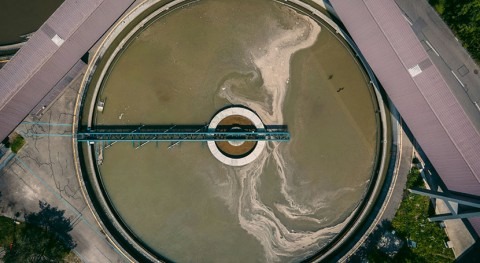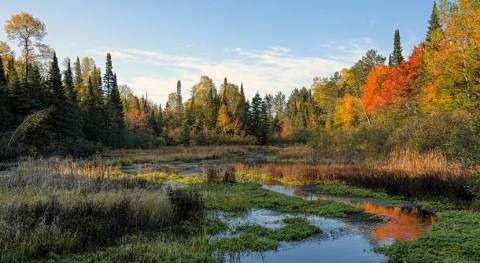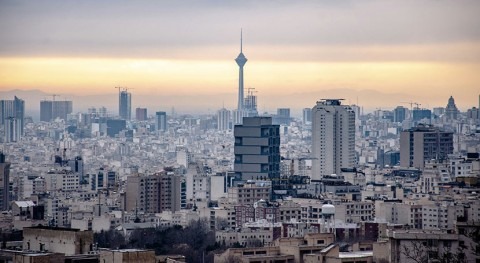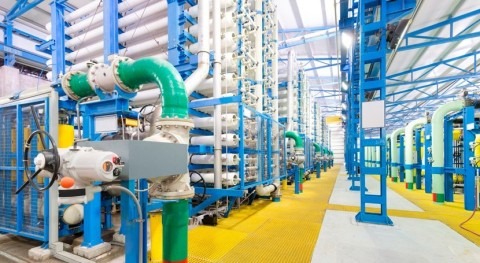The Blue Economy offers a new paradigm for job creation and sustainable development in the Mediterranean region, which is currently grappling with one of the highest unemployment rates in the world, especially among young people and women. The Southern Mediterranean faces, in particular structural challenges related to employment, but the Blue Economy can provide a way forward for a more prosperous and sustainable future.
The Blue Economy is the sustainable use of ocean resources for economic growth, improved livelihoods, and environmental sustainability. The Mediterranean region is rich in marine resources, including fisheries, aquaculture, marine tourism, and renewable energy. These resources can create new economic opportunities and jobs while also addressing pressing environmental challenges such as climate change and ocean pollution.
The Mediterranean has a coastal population of 150 million, with 360 million tourists arriving in 2017, 50% of which are concentrated in coastal areas. The blue economy in the EU's Mediterranean member states employs 2 million people, with 79% of these jobs provided by coastal tourism. The region has 1 million people working in the fisheries sector, which generates an estimated $12 billion. The Mediterranean is responsible for 20% of the world's Global Marine Product, 25% of global maritime traffic and 30% of the world’s oil traffic. The region has 100,000 fishing vessels and 30,900 fish farms, with an 18% average portion of the total catch being discarded. Aquaculture production in the EU Mediterranean countries is expected to increase by 112% in 2030 based on the production level recorded in 2010.
The Blue Economy offers a new paradigm for job creation and sustainable development in the Mediterranean region
The 2nd UfM Ministerial Declaration on Sustainable Blue Economy was adopted in February 2021 by the 42 Euro-Mediterranean countries to reinforce and expand the existing process of cooperation. The objective is to speed up the recovery of the blue economy sectors in the Mediterranean while ensuring long-term sustainability. The declaration identifies 9 priority areas for cooperation, including governance, marine research, sustainable food from the sea, climate-neutral maritime transport, marine litter, coastal and maritime tourism, maritime spatial planning, marine renewable energies, and maritime safety and security. The declaration also highlights the need for sustainable investment in the blue economy.
The development of the Blue Economy in the Mediterranean has the potential to create new job opportunities and contribute to the reduction of unemployment. For example, the expansion of maritime transportation, tourism, fisheries, and aquaculture can generate new employment opportunities for local communities. Additionally, the development of new technologies and innovations in the field of ocean and coastal management can create new jobs in the emerging Blue Economy sectors.
However, it is important to note that the development of the Blue Economy must be carried out in a sustainable and inclusive manner. This means that economic growth must be balanced with environmental protection and social inclusion, ensuring that all members of society have equal access to the benefits of the Blue Economy.
Furthermore, the development of the Blue Economy should also take into account the potential negative impacts on traditional livelihoods and communities that depend on the ocean and coastal resources. It is important to ensure that the benefits of the Blue Economy are distributed equitably and that local communities are involved in decision-making processes.
Putting the Gears in Action for Blue Economy in the Mediterranean
The Blue Economy can promote sustainable development in the Mediterranean region by emphasizing five key messages. Firstly, economic diversification is essential to expand the economy beyond traditional sectors such as tourism and agriculture. This diversification can create new job opportunities and reduce reliance on a few sectors. For instance, marine renewable energy can create new job opportunities and reduce dependency on fossil fuels.
Secondly, innovation and technology are critical to developing new products, services, and processes in the Blue Economy. The development of new technologies and innovation can create new job opportunities, particularly for young people who are more inclined to embrace new technologies.
Thirdly, the Blue Economy promotes sustainable practices that are environmentally friendly, socially responsible, and economically viable. Sustainable fisheries and aquaculture practices can ensure the long-term availability of marine resources and support the livelihoods of coastal communities.
It is important to note that the development of the Blue Economy must be carried out in a sustainable and inclusive manner
Fourthly, women's participation is vital in the Blue Economy, especially in sectors such as aquaculture and tourism. Women's participation can create new job opportunities and contribute to social and economic empowerment.
Finally, partnership and cooperation among various stakeholders, including governments, the private sector, civil society, and academia, are crucial for the Blue Economy's success. This partnership and cooperation can create synergies and leverage resources to achieve common goals, such as the establishment of marine protected areas that can create new job opportunities in the tourism sector and ensure the sustainability of marine resources.
By embracing the Blue Economy, the region can create new job opportunities, reduce environmental degradation, and promote social and economic empowerment.
The ENTREMED Framework for Enabling the Blue Economy
The ENTREMed can be used as a framework to enable the blue economy for job creation and sustainable development in several ways. Here are some solutions:
- Entrepreneurship: Encourage entrepreneurship in the blue economy by supporting startups, providing access to financing and technical assistance, and fostering innovation.
- Networking: Build networks and partnerships between stakeholders in the blue economy, including businesses, governments, NGOs, and communities, to promote collaboration and knowledge sharing.
- Training: Provide training and capacity building for workers in the blue economy, including skills development and education programs that can lead to better job opportunities and career paths.
- Research: Conduct research and development to advance technologies and practices that promote sustainability in the blue economy, such as renewable energy, aquaculture, and sustainable tourism.
- Ecosystem services: Recognize the importance of ecosystem services in the blue economy and integrate their value into decision-making processes to ensure their protection and preservation.
- Market development: Promote the development of markets for sustainable products and services in the blue economy, such as sustainable seafood, ecotourism, and ocean-based renewable energy.
- Environmental protection: Implement measures to protect and restore the health of marine ecosystems and biodiversity, such as sustainable fishing practices, marine protected areas, and pollution prevention and control.
By using the ENTREMed acronym as a framework, these solutions can be integrated into a comprehensive approach to enable the blue economy for job creation and sustainable development.


